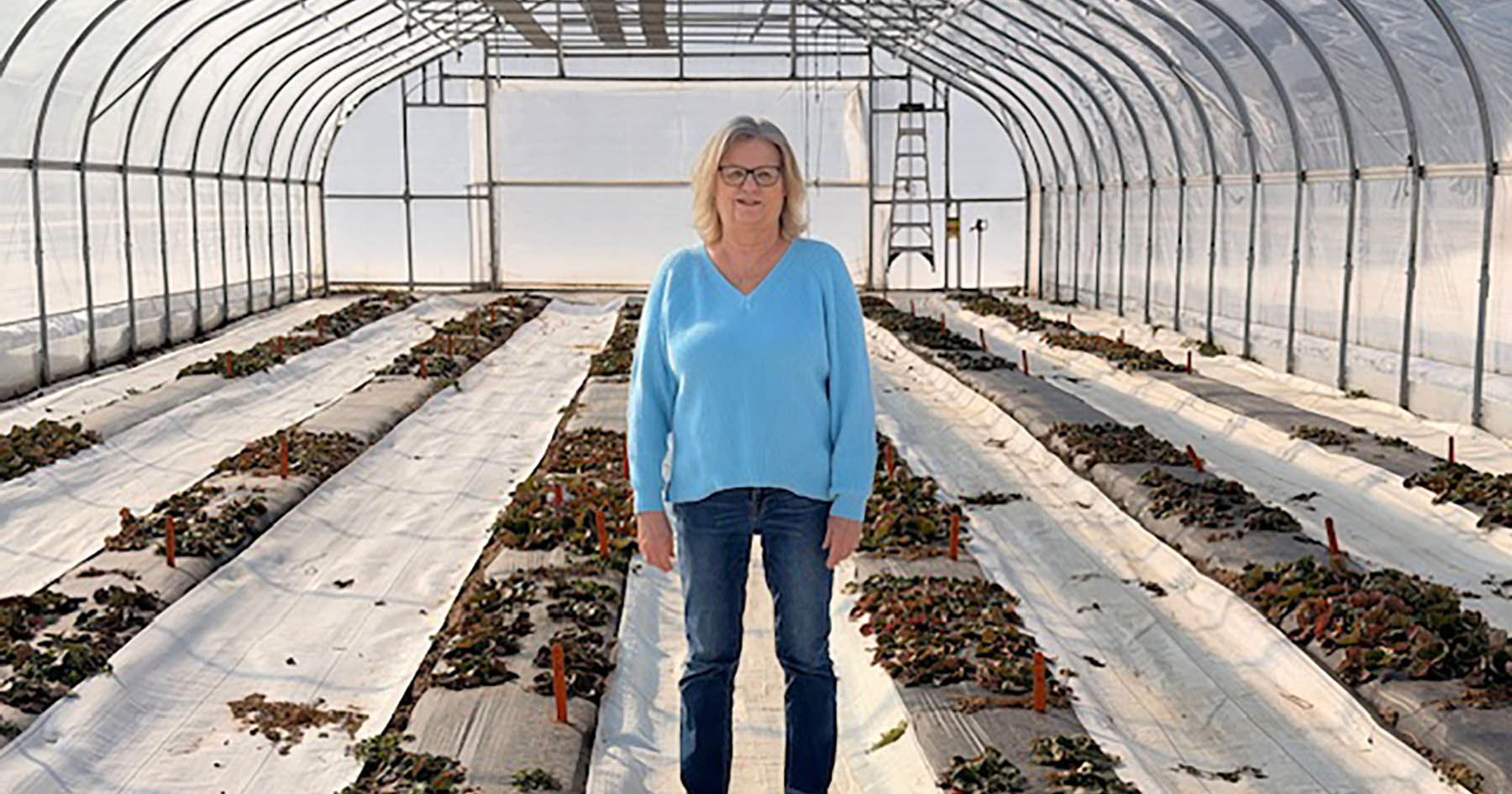Nutrient management research aims to reduce costs, environmental consequences
Purdue University researchers in the Department of Agronomy are part of a $2 million, multi-university effort to update fertilizer management guidelines across the Corn Belt that could save farmers money and reduce the amount of nutrients reaching rivers and streams.
The study’s goal is to update and improve the recommendations farmers get based on a 4R philosophy - applying the right fertilizer, at the right rate, at the right time and in the right place. Many of the underlying equations used to inform best management practices under the 4R umbrella are decades old and don’t always account for changes in soil or climate.
“We’re trying to make sure that farming remains profitable and nutrients are used wisely,” said Sylvie Brouder, Purdue professor of agronomy. “We need to better understand the amount of nutrients getting into crops and the amount being lost to the environment. Then we can build better recommendation tools to better utilize the fertilizers going into fields.”
Farm fields need regular additions of nitrogen and phosphorus, in addition to other nutrients, to improve plant health and yield. Those nutrients, if over-applied or subjected to heavy rains, may enter rivers or streams and damage the environment. Nutrients in water can lead to hypoxic zones - also called dead zones - where low oxygen levels no longer support aquatic life.
Purdue’s field research capabilities for understanding nutrient loss are robust. The Water Quality Field Station (WQFS), a Purdue Core Facility, is a highly instrumented field laboratory dedicated to studying agronomic and environmental impacts of land management. Tile-drained fields are monitored daily for nutrient loss to water and weekly for greenhouse gas emissions, and will allow researchers to understand how changes in management and the environment, such as a period of heavy rain, the addition of a cover crop or crop rotations, a change in fertilizer timing or rate, will affect nutrient loss.
“The ideal is to get all the nutrients into the plant, but that’s not likely. Therefore, the goal is to understand how the environmental loss pathways interact based on the types of management practices,” Brouder said. “What works here won’t necessarily be the same as what works in Iowa or the less humid regions of the corn belt.”
Brouder and Jeff Volenec, professor of agronomy, are leading the research effort at Purdue. The new grant creates a formal network of new and existing facilities such as the WQFS facilities across the upper Midwest with the goal of synthesizing nutrient management research into robust, evidence-based recommendations. Iowa State University, the University of Illinois, the University of Minnesota, Agriculture and Agri-Food Canada, and the Environmental Defense Fund are also part of the research consortium.
The funding comes from the Foundation for Food and Agriculture, a nonprofit created by the 2014 Farm Bill to leverage public and private funding to address food and agriculture challenges, and The Fertilizer Institute, an advocacy group for fertilizer producers, wholesalers, retailers and trading firms. The International Plant Nutrition Institute is providing coordinating leadership for the new network and its collaborators.
The research is expected to start in October and run through the end of the year 2020.





